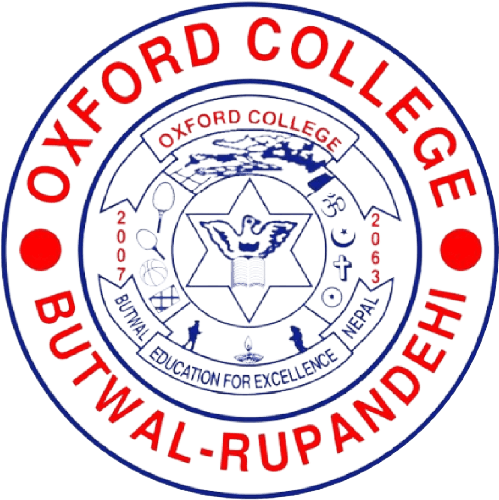

A Bachelor of Hotel Management (BHM) course is an undergraduate program typically spanning three to four years, designed to equip students with the knowledge and skills needed for a career in the hospitality and hotel industry. This comprehensive program covers various aspects of hotel and hospitality management, including hotel operations, food and beverage management, front office procedures, marketing, and customer service. BHM students also learn about the financial and business aspects of running a hotel or hospitality establishment. The curriculum often includes practical training in real-world hotel settings, enabling students to gain hands-on experience in this dynamic and diverse field. Graduates of BHM programs are well-prepared for a wide range of career opportunities within the hospitality industry, including hotel management, event planning, restaurant management, and tourism management.
A BHM (Bachelor of Hotel Management) course with a specialization in restaurant management is designed to equip students with the skills and knowledge needed to excel in the dynamic and competitive hospitality industry. This program typically focuses on various aspects of restaurant operations, including menu planning, food preparation, customer service, and business management. Students learn about culinary techniques, food safety standards, restaurant marketing, and financial management. Upon completion of this course, graduates are well-prepared to pursue careers as restaurant managers, chefs, or entrepreneurs in the restaurant and food service sector, contributing to the thriving culinary landscape.
A BHM (Bachelor of Hotel Management) course with a specialization in the kitchen, often referred to as the Culinary Arts or Food Production specialization, focuses on developing students' culinary skills, kitchen management expertise, and gastronomic knowledge. This program equips students with the essential skills and knowledge required to excel in the hospitality and culinary industry. Students learn various cooking techniques, food preparation, menu planning, food safety standards, and kitchen operations. They also gain practical experience through hands-on cooking sessions, internships, and exposure to different cuisines. Graduates of this program are prepared for careers as chefs, kitchen managers, food entrepreneurs, and culinary professionals in the thriving world of hospitality and culinary arts.
The Computer Lab course is a dynamic and hands-on educational experience designed to equip students with essential digital skills and proficiency in modern computing technologies. Participants engage in practical exercises, gaining mastery over various software applications, programming languages, and hardware components. From basic computer operations to advanced programming concepts, this course offers a comprehensive curriculum suitable for beginners and intermediate learners. Through interactive sessions and guided projects, students build problem-solving abilities and enhance their ability to navigate the digital landscape effectively. The Computer Lab course is an invaluable resource for anyone looking to excel in today's technology-driven world, empowering them to thrive in diverse professional settings.
The Microprocessor Lab course offers hands-on exploration of fundamental concepts in microprocessor systems. Students delve into the world of digital electronics, learning to design, program, and interface microcontrollers and microprocessors. Through practical exercises and real-world applications, participants gain proficiency in assembly language programming, memory interfacing, input/output operations, and troubleshooting techniques. They work with popular microcontroller platforms like Arduino, Raspberry Pi, or PIC, applying their knowledge to build innovative projects. This course equips students with essential skills for embedded system development, enabling them to create efficient, intelligent devices and systems that are integral to today's technological landscape.
The Microprocessor Digital Lab course is designed to provide students with hands-on experience and practical skills in working with microprocessors and digital systems. In this course, students typically learn how to program and interface microcontrollers, understand digital logic circuits, and apply their knowledge to real-world projects. They gain proficiency in using software development tools, debugging techniques, and hardware components to design and implement digital systems. This course is essential for students pursuing degrees in computer engineering, electrical engineering, or related fields, as it equips them with the fundamental knowledge and practical skills required to work with microprocessors and digital technologies.
The library serves as a study area for students before and after classes. It functions as a resource laboratory for students working on term papers. In this academic facility, Librarians instruct students and other users on the use of the library and its resources to create the best opportunities for learning for all. Instructors also use the facility for assigning study activities outside the classroom, especially when conducting "hands-on" instruction on research assignments.